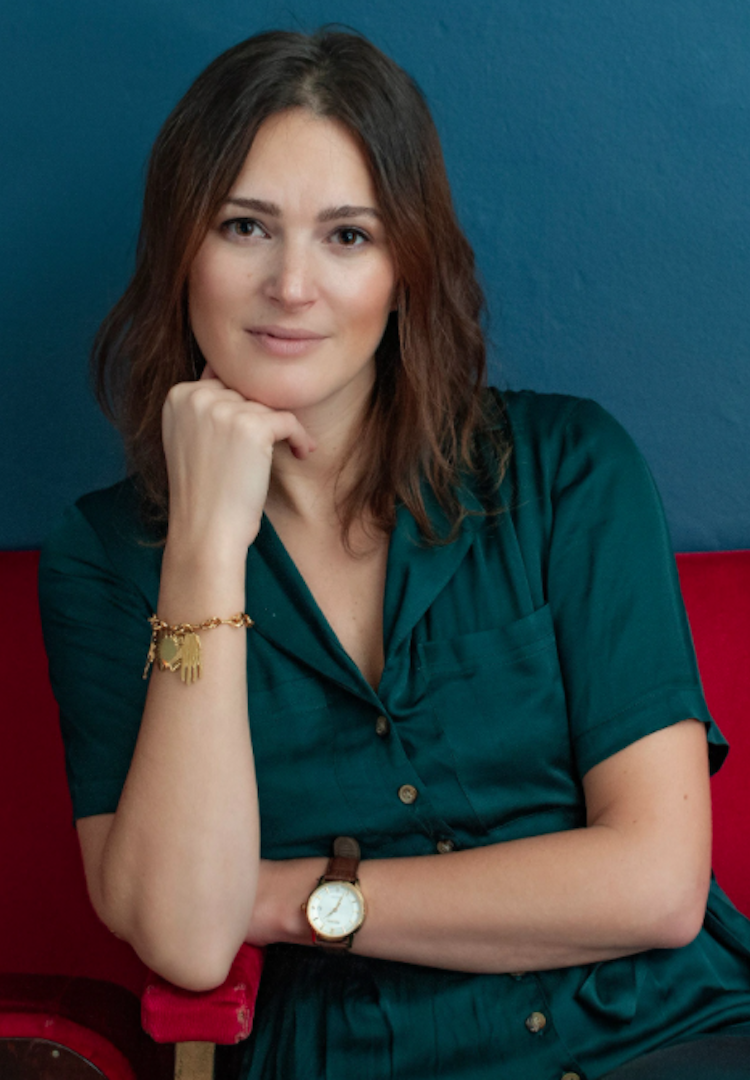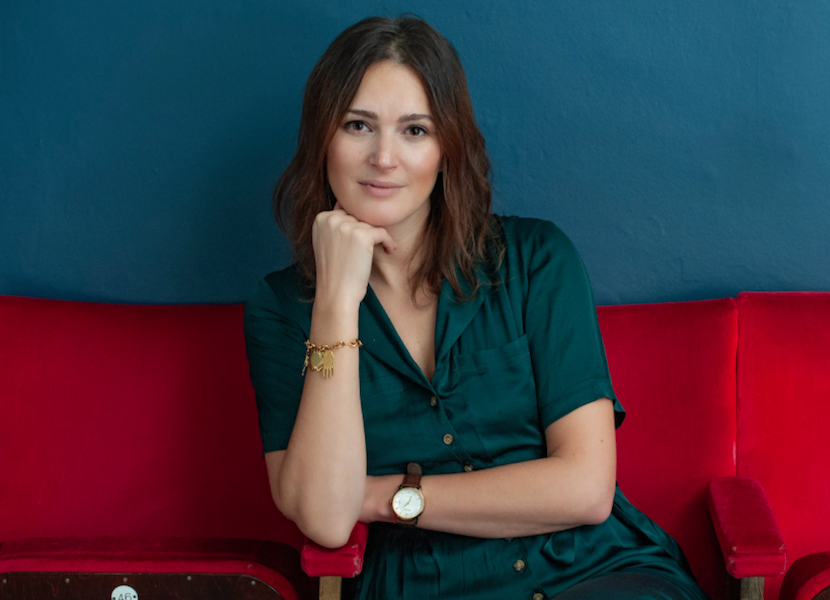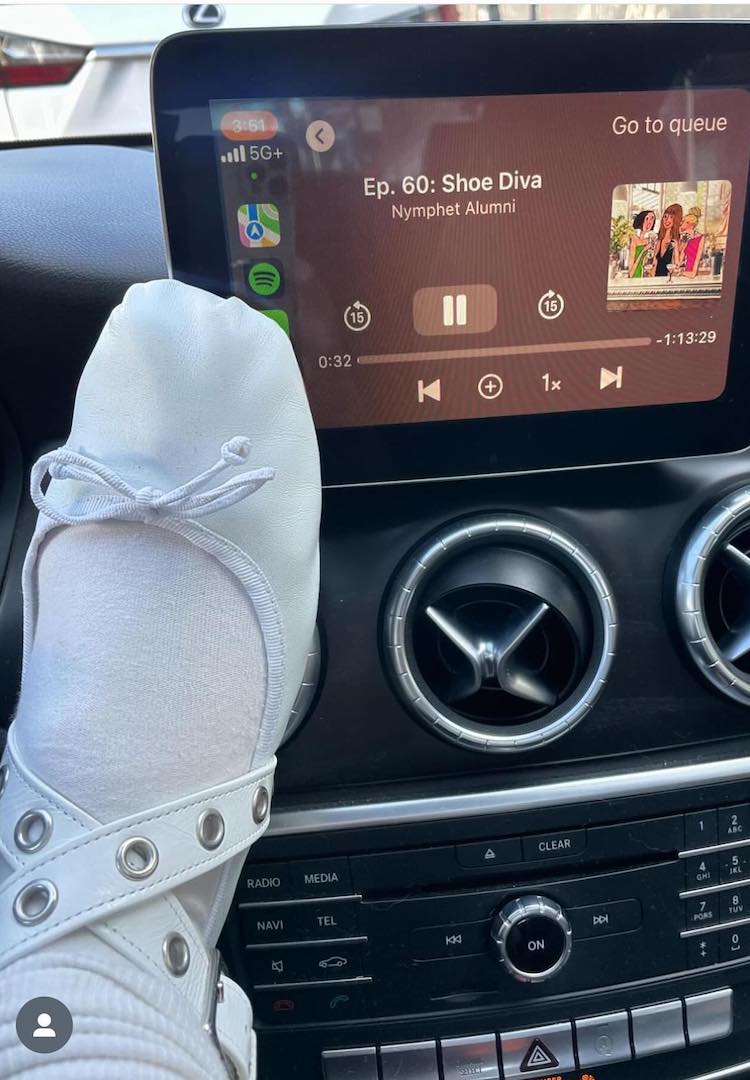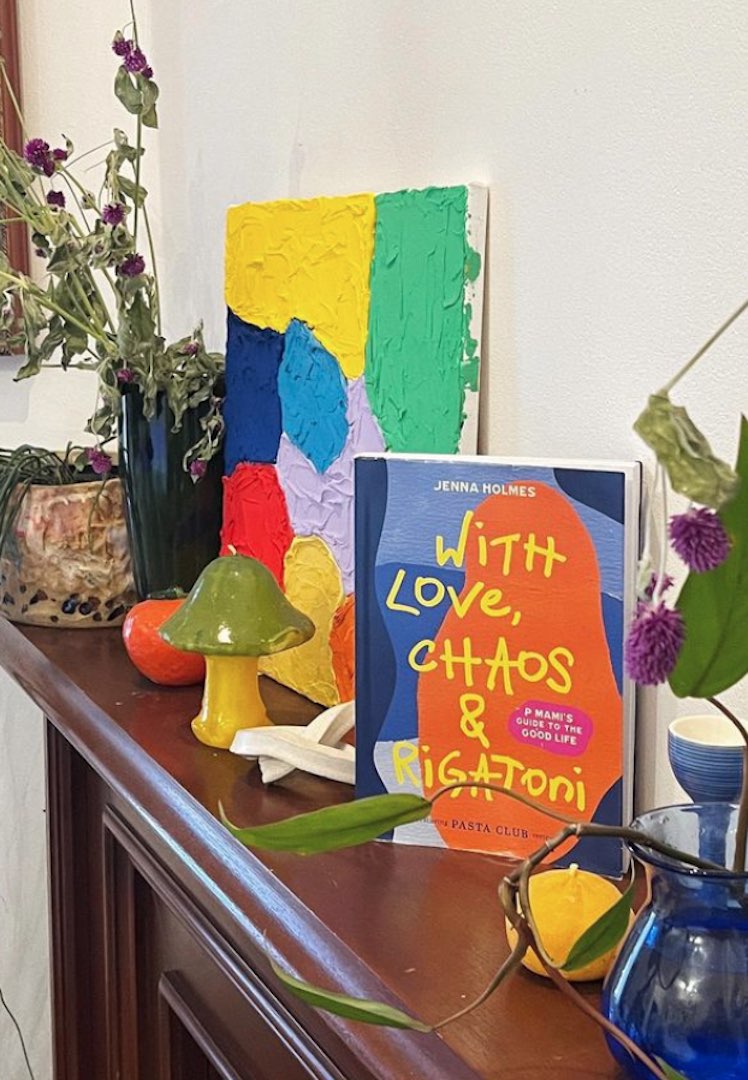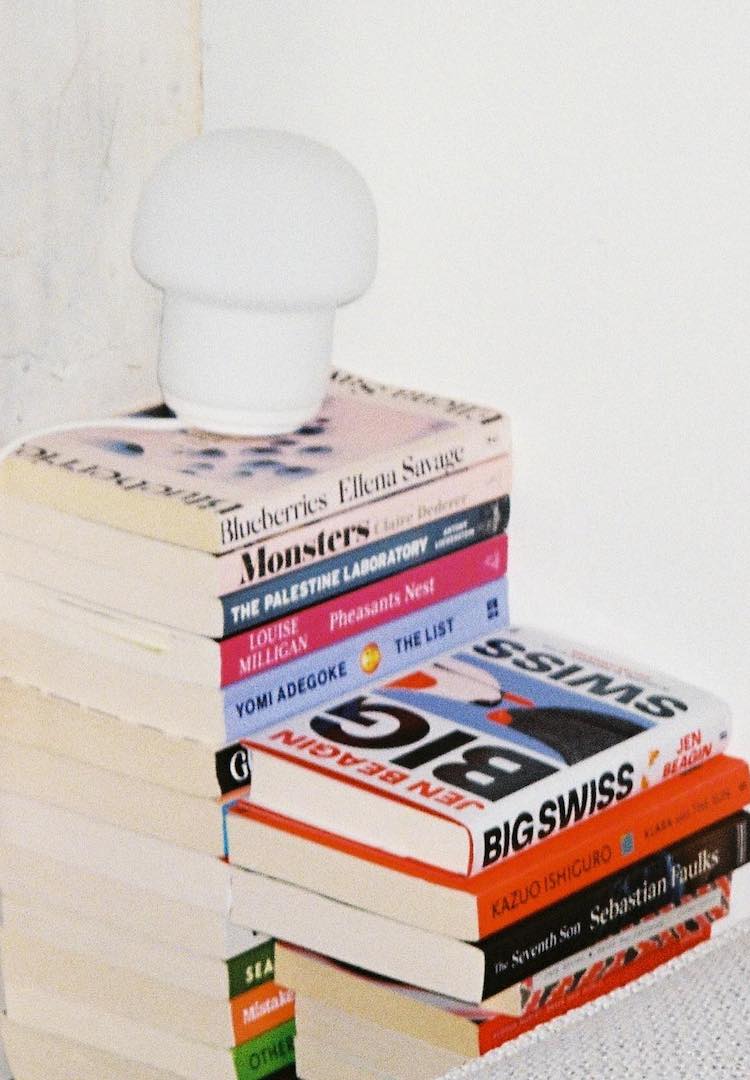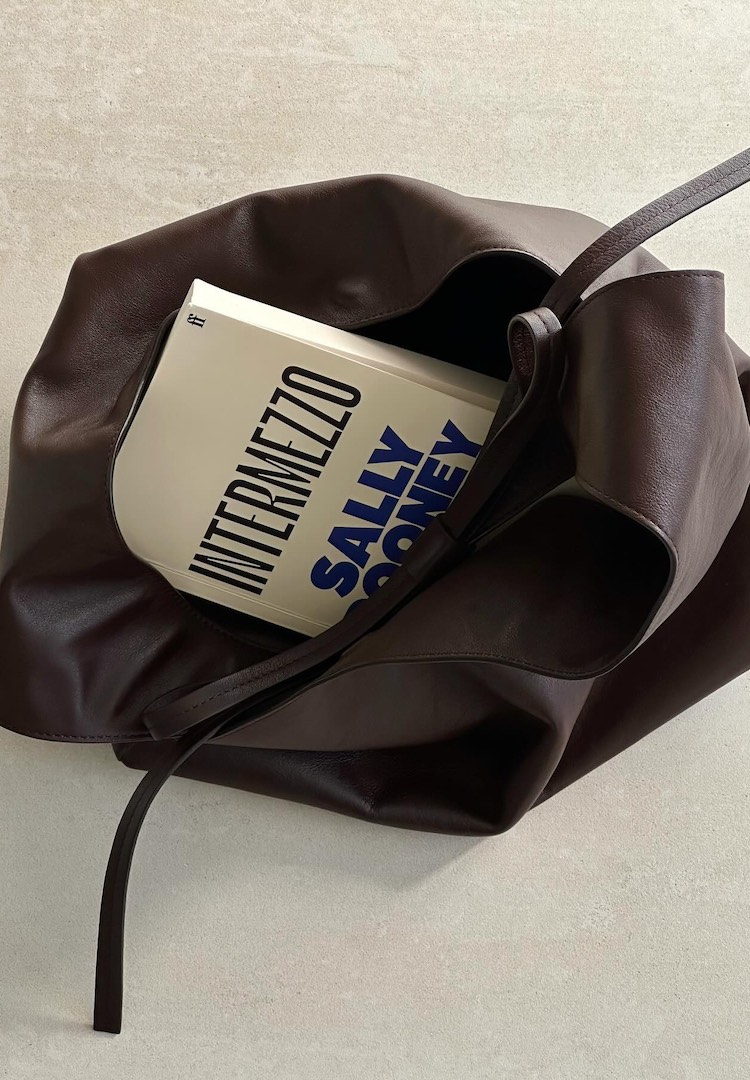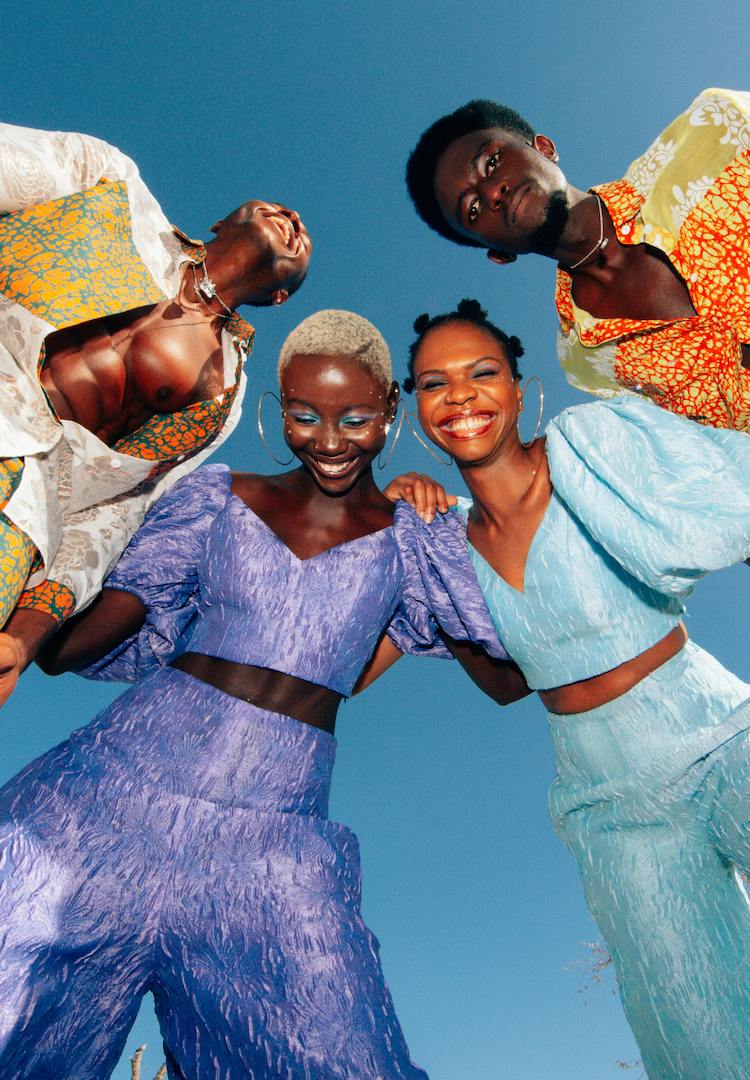The most insightful episodes of ‘How To Fail With Elizabeth Day’ to help you through your early twenties panic
PHOTOGRAPHY BY JENNY SMITH FOR THE TELEGRAPH
WORDS BY FAYE Couros
A reminder that everything will be okay, but you will need to fail first.
As teenagers, we are told thousands of lies. Some are little lies, like the myth that adults don’t break out (adult acne is, unfortunately, the bane of many grown-ups’ existence), while some are a bit bigger than that. Take, for example, the constant reassurance from everyone older than you that your twenties will be the time of your life.
I feel a lot of contempt towards Hollywood for making me believe that I would be partying regularly, wildly in-love, and managing a successful career all at once. But as someone struggling to find their bearings in their early twenties, I’ve found comfort in the podcast How To Fail With Elizabeth Day, created and hosted by, you guessed it, award-winning journalist and author Elizabeth Day.
The podcast was born after a period of failures in Elizabeth’s life that she decided to embrace rather than anguish over and each episode features a guest who explores their three biggest failures in life and how they overcame them.
Because the interviewees are discussing their failures with hindsight and self-reflection – and because her roll call of guests is nothing short of mind-blowing – their wisdom born from difficult experiences can help anyone and everyone in navigating the grittier parts of their own journeys.
Episode: How to Fail with Dolly Alderton
What it covers: Dolly talks about being asked to leave a secure job she wasn’t good at, and her dating failures in her twenties.
Why you should listen to it: A reminder that being bad at one job won’t define your future success and that the trajectory of our relationships is oftentimes out of our hands.
Today, Dolly Alderton, author of the best-selling book Everything I Know About Love, has an enviable career as a writer, journalist and podcast host. However, her workplace failures are a comforting reminder that careers aren’t linear, and being bad at one job isn’t a sign that you’re incapable.
The highlight of the episode is when Dolly imparts all she has learnt from dating in her twenties, and her advice may save you some trouble – “I can only do so much to control the situation, and actually I have to surrender to the unknown.”
Listen to it here.
Episode: How to Fail with Alain De Botton
What it covers: The renowned philosopher talks about the ‘three philosophical failure concepts’.
Why you should listen: Alain offers an intellectual understanding of failure, explores how we should define successful relationships, and shares comforting admissions that will ease any heartbreak.
Our early twenties can feel like a second puberty that comes with the added pressure of achieving specific milestones. Alain invites us to become comfortable with the fact we are statistically likely to be ordinary, and explains how this in itself is a success.
With advice like “What counts is not how many ruptures you have but how good you are with repair,” if this episode finds you during a period of heartbreak, it may offer some much-needed consolation.
Listen to it here.
Episode: How to Fail with Lisa Taddeo
What it covers: The author of the critically acclaimed novel Three Women, Lisa speaks with raw emotion about losing both her parents at a young age and why she left her private university to follow a boyfriend.
Why you should listen to it: This episode is a reminder that it’s okay to fail at grieving, and that sometimes following someone is a failure worth having.
The episode dives into the grittiness of grief and feels like a generous gift to listeners facing loss. It’s emotional not only due to the tragic circumstances but because of how astutely Lisa expresses her feelings of guilt and her perceived failure to overcome her pain.
Although, Lisa feels following a boyfriend was “pathetic” she reveals a deeper reason behind her choice. “I was never trying to serve a man’s desire, but I think my desire was largely performative, and I derived pleasure from being something that would be wanted.”
A timely reminder that sometimes the decisions we make in our relationships can have more to do with our hidden truths.
Listen to it here.
Episode: How to Fail with Farrah Storr
What it covers: This episode talks candidly about overcoming an eating disorder, failing at a job, and falling in love.
Why you should listen to it: For reassurance that failing at one job isn’t going to end your career, an honest conversation about eating disorder recovery, and a discussion about the unexpectedness of love.
While not everyone will directly relate to Farrah’s experience with eating disorder recovery, the editor found that growing older helped her overcome her disorder, and listening to her story is an important reminder that nothing is as permanent as we think it to be.
Today, Farrah is the editor of Cosmopolitan magazine in the UK and is at the top of her field. But early in her career, she failed at a magazine job.
Although she isn’t proud of this period, she insists it’s better to leave a job than to suffer. “You have got to get out because if you keep on hanging in there, I think you can get to a point where it destroys your self-esteem.”
Listen to it here.
Episode: How to Fail with Alain de Botton
What it covers: This episode dissects what we can learn from experiencing a pandemic and self-isolation through the lens of philosophy.
Why you should listen to it: To learn about the intricacies of the human condition, and how the idea of single and non-single people is limiting.
In his second appearance on the podcast, Alain de Botton philosophises the idea that humans are built to cope with death, that all sorrow is legitimate, and human history proves we are resilient beings.
The episode’s highlight is when Elizabeth asks for advice for someone self-isolating alone and he says, “I don’t believe there are single people and not single [people]. I believe there are connected humans and disconnected humans. You can be in a relationship and be a disconnected human.”
Listen to it here.
Episode: How to Fail with Camilla Thurlow
What it covers: Why former bomb disposal specialist Camilla went on Love Island UK, how she dealt with the trauma of working in war zones, and why it’s tiring trying to please people all the time.
Why you should listen to it: To feel less guilt for mulling over trivial issues, and how the strength of a friendship is proven in moments of imperfection.
This episode with former reality star Camilla reminds you of the importance of being compassionate about people’s woes, no matter how trivial they may seem. During her time working in war zones, Camilla stopped allowing herself to feel bad about her life, which consequently alienated the people around her.
So, whenever you feel wrong for sharing something small, maybe instead learn to see it as an opportunity to connect.
Listen to it here.
Episode: How to Fail with Andrew Scott
What it covers: The actor who plays the “Hot Priest” in hit television drama Fleabag discusses his various failures, but it’s his admission that he felt he failed at being heteronormative that is the most compelling.
Why you should listen to it: If you struggle with shame around casual sex, or admitting that knowing someone for a night affected you deeply, this episode encapsulates why shame can taint a fruitful experience.
Throughout the episode, Andrew makes hilarious observations about casual sex. He jokes about the idea of “semi-formal sex” and how even a few hours with someone can reveal something new within ourselves.
Listen to it here.
Episode: How to Fail with John Crace
What it covers: It tackles overcoming heroin addiction with nuance and humour.
Why you should listen to it: The episode reminds listeners how many life chapters lay before us, even when individual chapters have no foreseeable end.
The Guardian journalist is honest about the effects of heroin and how it takes control, without glorifying the drug or shying away from its seductive qualities. John lost his twenties to addiction and unfortunately, this is a reality for some 20-year olds.
While many of us may not directly relate to this story, John’s triumphant recovery is a real-life example of a happy ending. For those fighting addiction or navigating difficulties of any kind, the episode can help foster a sense of hope.
Listen to it here.


